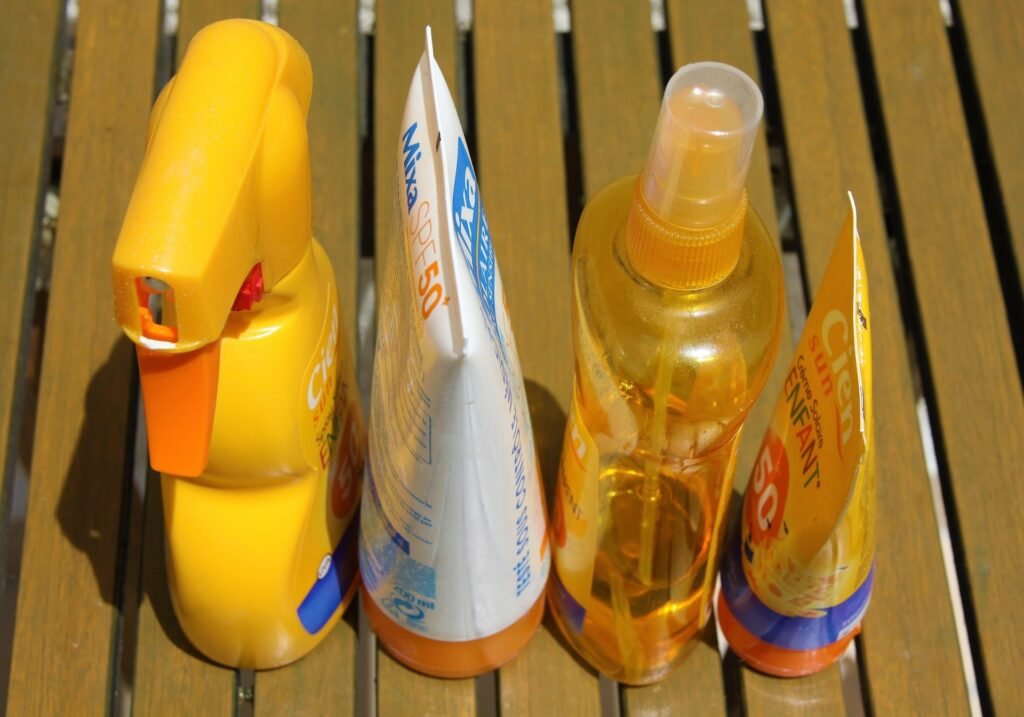It’s quite unsettling to discover something so central to our cultural rituals—the “slop” in the Aussie mantra of “Slip! Slop! Slap!“—can no longer be trusted.
We’ve never really had to scrutinize sunscreen. We slop it on because Sid the Seagull (in his role as spokesbird for the Cancer Council) told us to. We’ve learned about sun protection factors (SPF) and made choices to protect ourselves. We do it because it works.
Or so we thought.
Consumer group Choice recently tested 20 sunscreen brands and found only four met their labeled SPF claims. The findings have shaken consumers’ trust in the brands that make these products, and perhaps, in the institutions responsible for regulating them.
Trust is the silent architecture of our lives that makes everything from catching a bus to undergoing surgery feel possible. Indeed, we are born into trust. From infancy, we are wired to trust, first in our caregivers, then later in life in the cues and symbols such as endorsements, SPF ratings, brands or rankings that help us navigate a complex world.
It’s also why we rarely read the fine print or terms and conditions.
The role of power in trust relationships
Trust, and its erosion in public life, has become such a critical issue that the Australian Competition and Consumer Commission has made it a focus of Friday’s Consumer Congress, titled “Who can we trust? Regulating in an environment of declining consumer trust.”
Something that is often missed in discussions around trust is that it is also a social arrangement, shaped by power and vulnerability. Trust is nearly always asymmetric; those with the least power are usually required to place their trust first and most fully.


